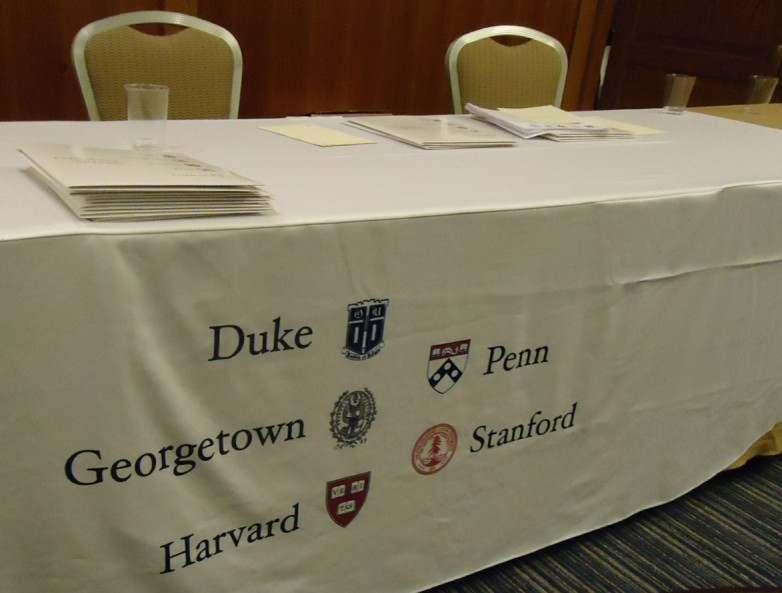
Special Questions For Selective Colleges
We’ve visited a LOT of college campuses and listened to a LOT of Q&A’s between the students on our tours and the admissions directors with whom we set up informational meetings. So, we thought we’d relay the answers to the questions that seem to concern or confuse students most as they contemplate applying to particularly competitive schools:
FREQUENTLY ASKED QUESTIONS ON SELECTIVE COLLEGE ADMISSIONS
WHO “GETS IN TO COLLEGE” THROUGH EARLY ADMISSION? AND DOES IT WORK AS A STRATEGY FOR INCREASING THE ODDS OF ADMISSION?
Slightly less than a third of an entering class at a highly selective school is filled by early admission, and the statistical profile of those students is roughly the same as the remainder of the admitted class. Therefore barring unusual circumstances it should not be used as a strategy for increasing the odds of admission.
CAN YOU WEIGH THE THREE P’S – PERFORMANCE (GRADES), PROMISE (TEST SCORES) AND PERSONAL QUALITIES (EXTRA-CURRICULAR ACTIVITIES, ESSAYS AND/OR INTERVIEW) IN TERMS OF THEIR IMPORTANCE TO ADMISSION?
Most selective college rate performance, promise and personal qualities in that order, however since grades and test scores can be so closely clustered at the most selective schools, then that often leads to personal qualities becoming a tipping factor. Leadership and passion in one or two activities is more impressive to admissions officers than a laundry list of participation in many activities.
HOW MANY OF ADMITTED STUDENTS HAVE A HOOK?
A hook may include a legacy, meaning that a parent or close relative is an alum; an athletic, or other special skill; or perceived family wealth that may catch the attention of the development office. Selective colleges claim that less than 10 percent of students accepted have a hook, and that their on-paper qualifications are not that different from the rest of the incoming class.
HOW IMPORTANT ARE ADVANCED PLACEMENT (AP) CLASSES?
Selective colleges prefer to admit students who have taken the most rigorous possible set of high school courses. As a practical matter, this will probably include some or many AP classes, but it does not mean that a school will insist that a student’s entire curriculum consist of AP.
Kathie Boozer is the founder and president of Explore Colleges, a premier college group tour operator. Explore Colleges’ customized tours help students experience the unique cultures, environments, and opportunities on each campus and inspire them to follow their dreams. Contact Kathie at kboozer@explorecolleges.org

